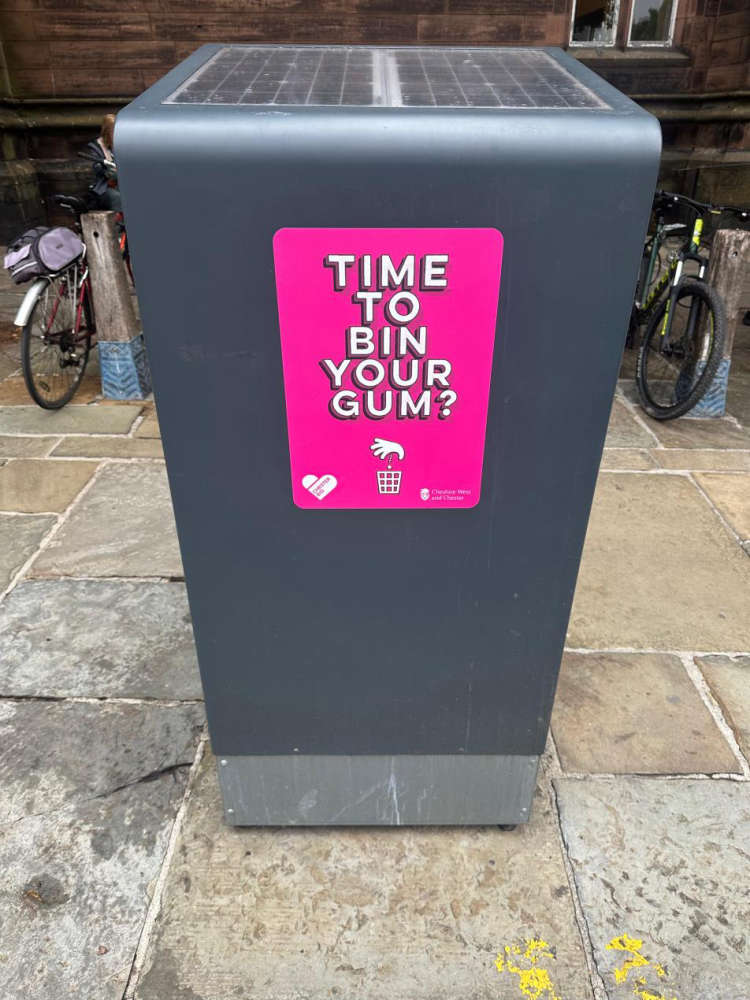
Making the move into employment can be challenging without the right support network in place.
Those leaving care can face a range of challenges that can be barriers for getting into work. They often struggle to cope with independent living, placing them at heightened risk of social exclusion, homelessness, involvement in crime, and unemployment.
Around 10,000 young people leave care every year, and many will be looking to move into work. They will be able to benefit from the landmark £2 billion Kickstart Scheme, which will create hundreds of thousands of new, high-quality government subsidised jobs for unemployed young people.
Minister for Welfare Delivery Will Quince said:
“Young people from disadvantaged backgrounds must be helped to the front of the queue to take full advantage of these opportunities, with all the support they need.
“As a child in care, your upbringing shouldn’t affect your ability to succeed in the workplace. We’re delivering a Plan for Jobs that helps people of all backgrounds.
“Care leavers can offer a range of diverse skills to businesses and it’s important they’re not held back from fulfilling their potential in the workplace due to factors out of their control.”
Education Secretary Gavin Williamson said:
“We know that young people leaving care can face huge barriers in their lives. Employment, education and training can seem out of reach, and we must work together to create opportunities and enable care leavers to grasp them.
“Alongside this £2 billion investment, we need to keep on improving access to housing, healthcare and education which is why I have brought together colleagues from across Government on the Care Leavers Covenant Board to address these issues and transform the support given to these young people.”
Existing jobcentre support for care leavers
Every jobcentre has a dedicated member of staff available to support the needs of care leavers and act as a point of contact for Local Authority Leaving Care Teams. Those leaving care can receive support to prepare a claim to Universal Credit up to 28 days before they turn 18. This ensures they can access support quickly once they reach an eligible age.
And for 18-21 year olds making a new claim to Universal Credit, they can also take part in the Youth Obligation Support Programme. This scheme provides support, skills and experience to motivate young people into finding employment and fulfil their potential.
Care leavers claiming either Housing Benefit or Universal Credit and living in the private rented sector are exempt from the shared accommodation rate until they reach age 22. Normally this rate applies to single people without dependants aged under 35. This means care leavers can claim the higher Local Housing Allowance one-bedroom rate of Housing Benefit until their 22nd birthday.
DWP also supports care leavers aged 18 to 22 who wish to catch up on the education they may have missed out on when they were younger as Universal Credit is available if they take up full time study in non-advanced education (secondary level education).
Care leavers can also gain early entry into the Work & Health Programme – which helps people find and keep a job if they’re out of work, in order to prevent the risk of long-term unemployment.
The news comes after the first meeting of the cross-Government Care Leaver Board was held with Ministers from a range of Whitehall departments, including the Department for Education and DWP. The first board meeting, held on 13 July, heard directly from care leavers about the support they need, and will now meet three times a year to address the key barriers facing young care leavers as they adjust to independent life as adults: finding a suitable, safe place to live, supporting them to remain in education, employment or training, and helping them access appropriate healthcare.
It also comes ahead of the Care Leavers paid internships scheme, which will provide opportunities for young people leaving care to work in central Government. These 12-month paid internships help care leavers to develop skills and competences, with applications open from 7 September to 5 October.
- A care leaver is defined as a person who has been in Local Authority care (e.g. residential or foster care) for a period of at least 13 weeks or more, or periods amounting in total to 13 weeks or more, since they were age 14, and ending after age 16.
- Last year, there were roughly 39,000 care leavers aged 16 to 21 in England.
- Last year, there were about 14,500 young people aged 16-18 leaving care in the UK.


 Council uses powers to close shops selling illegal vapes and tobacco products
Council uses powers to close shops selling illegal vapes and tobacco products
 Public consultation on the future of public toilets at Holywell, Mold and Talacre
Public consultation on the future of public toilets at Holywell, Mold and Talacre
 Man jailed for 16 years after being found guilty of rape
Man jailed for 16 years after being found guilty of rape
 Ellesmere Port community projects awarded share of Police and Crime Commissioner’s £150k fund
Ellesmere Port community projects awarded share of Police and Crime Commissioner’s £150k fund
 Chester community projects awarded share of Police and Crime Commissioner’s £150k fund
Chester community projects awarded share of Police and Crime Commissioner’s £150k fund
 Council completes chewing gum cleaning project
Council completes chewing gum cleaning project
 Chester Market celebrates three years of success
Chester Market celebrates three years of success
 Chester and Wirral Football League - Latest Results
Chester and Wirral Football League - Latest Results
 Blues Match Report: Chester FC 1 - 1 Marine
Blues Match Report: Chester FC 1 - 1 Marine
 Wanted man from Ellesmere Port arrested and charged
Wanted man from Ellesmere Port arrested and charged
 'Winter Warmer' initiative for local over 60’s in North Wales
'Winter Warmer' initiative for local over 60’s in North Wales
 Inaugural meeting of the Cheshire and Warrington Combined Authority Shadow Board
Inaugural meeting of the Cheshire and Warrington Combined Authority Shadow Board
 Cheetah brothers arrive at Chester Zoo
Cheetah brothers arrive at Chester Zoo
 Ex-Chester FC star helps create stunning poppy tribute
Ex-Chester FC star helps create stunning poppy tribute
 FREE CHESTER CONCERT SET TO CELEBRATE WORK OF RENOWNED NORTH WEST BASED COMPOSER
FREE CHESTER CONCERT SET TO CELEBRATE WORK OF RENOWNED NORTH WEST BASED COMPOSER
 MUSIC BY RENOWNED WELSH FEMALE COMPOSER TO FEATURE IN WREXHAM ORCHESTRA REMEMBRANCE CONCERT
MUSIC BY RENOWNED WELSH FEMALE COMPOSER TO FEATURE IN WREXHAM ORCHESTRA REMEMBRANCE CONCERT
 Blues Match Report: Cambridge United 3 - 0 Chester FC
Blues Match Report: Cambridge United 3 - 0 Chester FC
 Blues Match Preview: Cambridge United v Chester FC
Blues Match Preview: Cambridge United v Chester FC
 Cheshire Constabulary welcomes its newest four-legged crime fighter ahead of her Police Dog training
Cheshire Constabulary welcomes its newest four-legged crime fighter ahead of her Police Dog training
 Appeal to trace wanted man from Ellesmere Port
Appeal to trace wanted man from Ellesmere Port